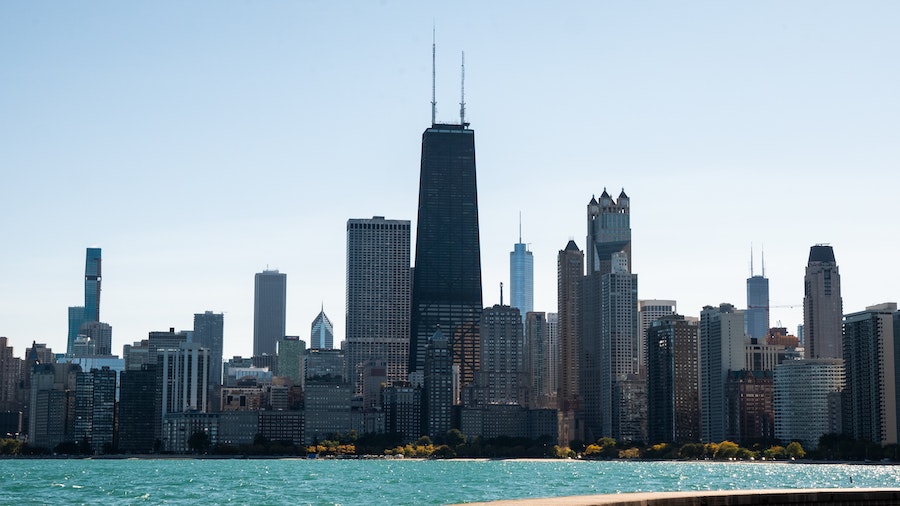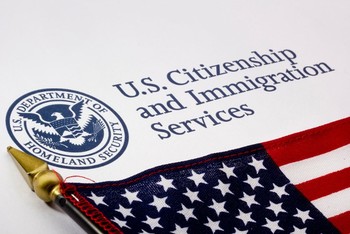Legal Permanent Residence
A green card or permanent resident card was known in the past as Alien Registration Receipt Card. It is also called USCIS Form I-551, or Lawful Permanent Resident “LPR” card. It is an official card issued by the U.S. government to immigrants that become lawful permanent residents. The permanent resident card is proof of your registration under immigration law. It also confirms your immigration status as a lawful permanent resident with the right to live, study and work permanently in the United States. The green card is an important document to show to law enforcement officials and U.S. employers to verify the right of the cardholder to live and work permanently in the United States.

There are several ways to apply for permanent residence, for example through immediate family relatives, through marriage, through investment, or employment. A visa for obtaining a residence permit and a green card is called an “immigrant visa”. You are applying for a type of visa that allows you to immigrate to the United States. It is for people who want to live in the United States permanently.
It is important to understand the difference between the card itself, and the status as a permanent resident.
The card is proof of your resident status. However, even if you have a valid green card, you can be considered to have lost your status. For example, if you left your place of residence in the United States and moved to another country. The opposite may also happen; you might have an expired green card but still, have valid immigration status as a legal resident in the United States. When the card is expiring your status is not expiring, just the proof of your status is expiring. You should renew your green card to be able to prove that you are a legal resident, but keep in mind that you are just renewing the card, not your status as a legal resident.

In general, green cards are issued for ten years.
The exception is green cards with conditions, which are usually issued with an expiration date of two years. Green cards with conditions are issued to people who apply for a green card through investment, as well as to foreigners who have been married to an American citizen for less than two years when applying for a green card through marriage.
It is very important to note that green cards are only available for people who want to live permanently in the United States. If your plan is to be in the U.S. temporarily, it is better to apply for a non-immigrant visa. Especially if you plan to spend a long time abroad. In this case, you may risk losing your legal permanent resident status and your green card.
To have a green card, you must live in the United States. You can apply for a re-entry permit to travel abroad for a long period. Exceptions apply to green card holders temporarily living abroad. Because they or their immediate family members work in the US military overseas or are US government civil servants deployed outside the country on official orders.

Visas for Common-Law Spouses and Partners
US immigration law does not recognize civil relationships. A partner or fiancé is not eligible to apply for a derivative visa or green card status through their partner. In such cases, the partner should be eligible for a separate visa. Partners who are family members of the main visa holder and whose primary purpose when traveling to the United States is to temporarily accompany that person may apply for a B-2 visa or another type of appropriate visa. However, partners who intend to work or study require an appropriate work or student visa.
US immigration at a port of entry determines how long a person can stay in the United States. A B-2 visa holder can be accepted for an initial period of six months. This period can be extended in six-month increments. Tourist visitors wishing to stay longer than six months will need to apply for an extension of stay with the United States Citizenship and Immigration Services (USCIS).







